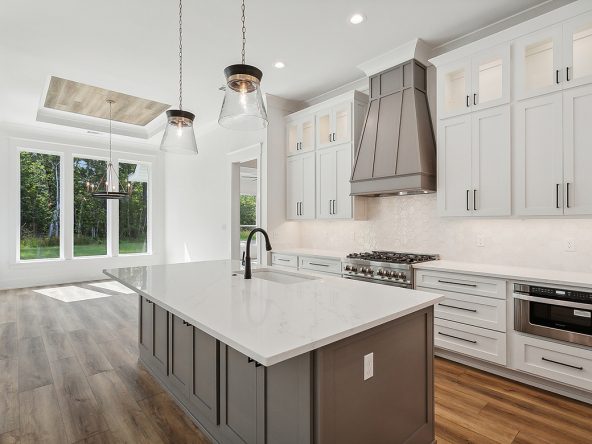
Two contingencies that can save a buyer time, money and further heartache are home appraisals and home inspections. Make sure to weigh the pros and cons first before deciding to drop one or both of these processes.
First, let’s take a look at home inspections. A home inspector has no personal gain in the home so their inspection will be a fair opinion. The inspection will determine the current condition of the home you are about to purchase.
“Home inspections are the opportunity to discover major defects that were not apparent at a buyer’s showing. . . . Your home inspection is to help you make an informed decision about the house, including its condition,” according to the American Society of Home Inspectors.
There might also be future heartaches that a home inspector can shed light on. For example, they can inform you about an aging roof, a malfunctioning HVAC system or other future potential issues.
These can be important because they can shed light on some critical issues or future surprises. If something is found during a home inspection, your Realtor can negotiate the issues with the seller. A Realtor can advise you on what needs to be repaired before the sale or if the price needs to be negotiated to compensate for the buyer’s fixing the repairs.
The home appraisal is very important when it comes to obtaining a mortgage on a home. A home appraisal has to be completed and required by any mortgage lender. This is a security for lenders and will make sure that the lender does not loan you more than what the home is worth.
“Lenders typically require an appraisal to ensure that your loan-to-value ratio falls within their underwriting guidelines. Mortgages are secured loans where the lender uses your home as collateral in case you default on the agreed-upon payments,” said Home Light.
Just because you bid over the sale price, doesn’t mean you can close for that price on the home. For example, a buyer bids $350,000 on a home listed at $300,000 and wins the bid that doesn’t necessarily mean you will close on the home if you are not a cash buyer.
The lender will only lend a buyer the amount the home is worth. If the home is only worth $300,000 and you won the bid for $350,000 in order to close the buyer would have to pay out of pocket for the $50,000 gap. This is called an appraisal gap and makes for a sticky situation. Some sellers will demand that the buyers make up for the difference at closing.
Remember before bidding on a home, talk to a Realtor who can navigate the home buying process for you. It is always important for you as a buyer to have some knowledge of the home purchasing process but is even wiser to do it with a sales professional along your side.





